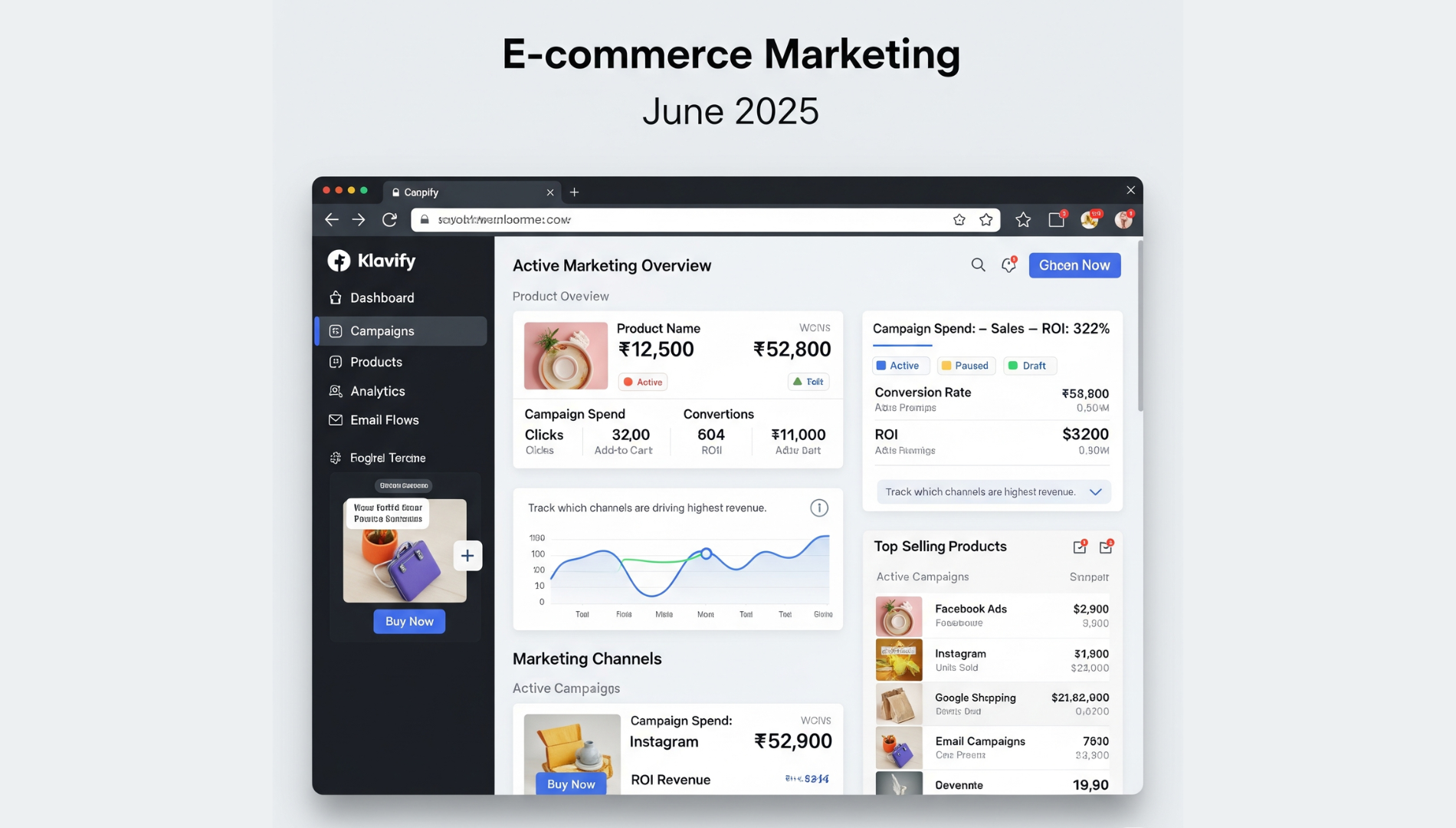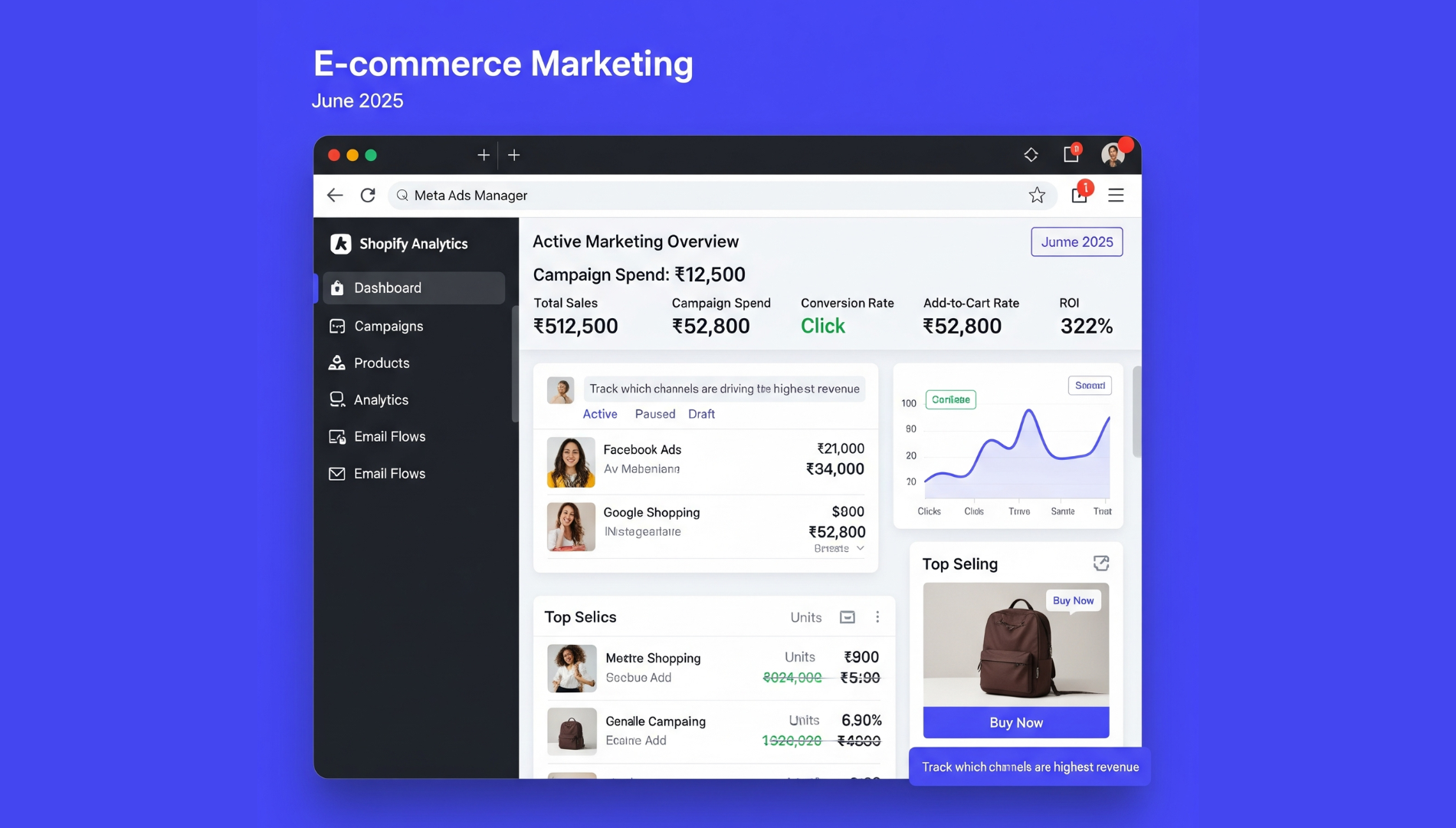E-commerce Marketing


What is E-commerce Marketing?
E-commerce marketing is the practice of driving traffic to your online store, converting that traffic into paying customers, and retaining those customers post-purchase. It involves a variety of digital marketing tactics to promote products and increase sales through online platforms.
Why is E-commerce Marketing Important?
With more consumers shopping online, having a solid e-commerce marketing strategy is crucial. Here's why:
- Reach more customers: Online marketing allows you to reach shoppers globally, 24/7.
- Boost sales: Effective strategies can lead to increased conversions and revenue.
- Personalized experiences: Targeted campaigns enhance customer satisfaction and loyalty.
- Trackable results: Data analytics helps measure success and improve campaigns.
Key Strategies for E-commerce Marketing
- Search Engine Optimization (SEO): Optimize your site and product pages to rank higher on search engines.
- Pay-Per-Click (PPC) Ads: Run Google Shopping and social media ads to attract targeted traffic.
- Email Marketing: Send personalized emails to nurture leads and retain customers.
- Content Marketing: Create product guides, blogs, and videos that educate and attract buyers.
- Social Media Marketing: Engage users on platforms like Instagram and Facebook to build brand awareness and trust.
Tools for E-commerce Success
- Shopify / WooCommerce: Popular platforms to manage your online store.
- Google Analytics: Tracks user behavior and conversion data.
- Klaviyo / Mailchimp: For automated email campaigns.
- Facebook Ads Manager: Run and analyze social ads efficiently.
Conclusion
E-commerce marketing is more than just selling products online—it's about creating a seamless, engaging shopping experience for your customers. By leveraging the right strategies and tools, you can increase traffic, boost conversions, and build lasting customer relationships.
Product Campaigns
Run ads and promotions tailored to your product catalog.
Cart Abandonment
Recover lost sales with strategic remarketing efforts.